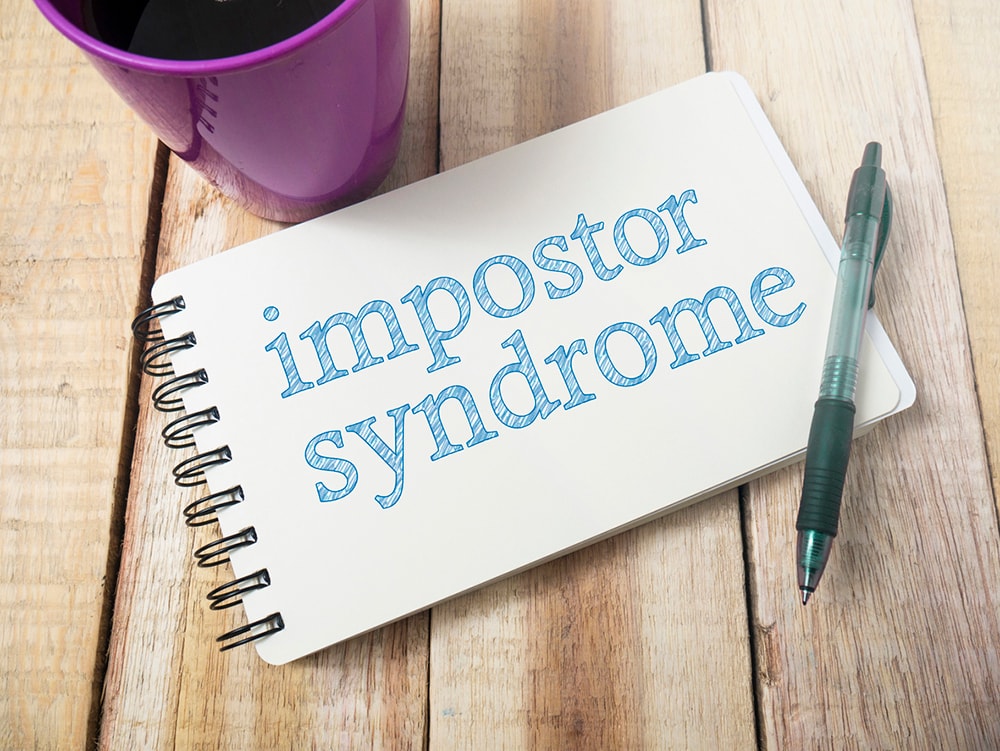
Many years ago, I applied for the HR Director job at the charity I worked for. In the lead up to it I would pass other Directors in the corridor and panic – they were proper grown-ups and I was a mere child who couldn’t possibly sit at the same table as them because I had no idea what I was doing. I was 34 years old, so not a child, and I got the job. The first Directors’ meeting I attended was like being in a playground, lots of bickering, posturing and disagreement– ironically, I felt like the only grown-up.
It is estimated that 70% of us have some level of impostor syndrome. Most of us doubt ourselves from time to time but when it is extreme it can be really debilitating. A feeling of inadequacy and that you will be found out soon is felt across the population, the workplace and income levels. Outwardly successful people suffer from it – Tina Fey, the comedienne, feels like a fraud, poet Maya Angelou feared being exposed as inadequate, Tom Hanks the actor wonders how he got to where he got and even David Bowie thought he was “utterly inadequate”.
The main symptoms of impostor syndrome are doubting our accomplishments, attributing our success to luck or deception (interestingly when we fail, we blame it on ourselves being useless, when we succeed, we put it down to luck), and having a deep down fear that we will be exposed as being a fraud.
Now, no one likes a boaster, colleagues whose perception of their ability is way above reality are difficult to work with and can be very irritating. However, having a low perception of your actual ability can hold you back and, interestingly, become a bit of an irritant too. In her book “The Imposter Cure”, Dr Jessamy Hibberd notes that many of her clients think impostor syndrome has advantages, it prevents them becoming arrogant. Her take on this is that if someone else treated you the way you treat yourself, constantly doubting your ability and implying you’re a fraud, it would be an abusive relationship that you would want to escape from. So, the syndrome probably does us more harm than good.
Not allowing these negative thoughts to invade our brain is tough if we have been doing it for a long time. It can become comforting, familiar and a habit. If we try to concentrate on appreciating our accomplishments, recognising our impact at work in a realistic way we can go some way to breaking the habit and the sky won’t fall in if we are good to ourselves. What will happen is our inner dialogue becomes more balanced and affirming.
It is a sobering thought that 40% of our happiness is linked to our everyday activities and the choices we make, 50% is linked to our genes and the final 10% is affected by external forces. The good news is we can affect our happiness for ourselves by internalising our success and recognising it as part of who we are and not seeking approval from others which is usually transitory and doesn’t last so we go out trawling for it again.
We often unpack impostor syndrome through our executive coaching so contact us if that would benefit you. We are also presenting at the Institute of Fundraising Convention, on 2nd July at The Barbican in London, on the subject so come along and learn more because you deserve to realise how fab you are.
